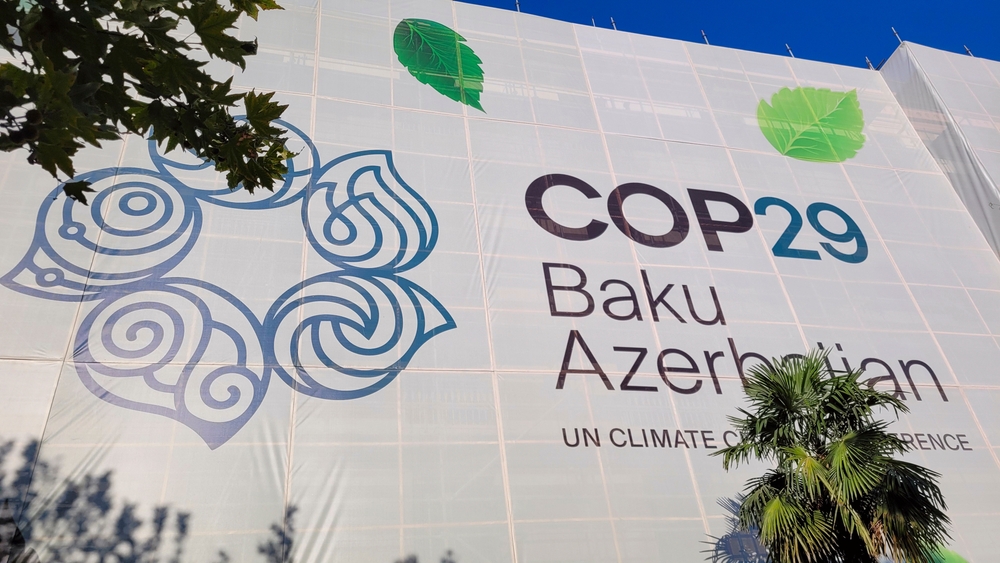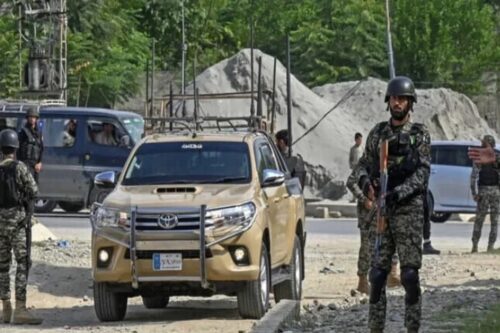
OBCT: COP 29 was not a breakthrough in Armenian-Azerbaijani relations, while the future of the peace process remains uncertain
Hopes that Armenia and Azerbaijan might take a step towards normalizing relations at the United Nations Climate Change Conference (COP 29) in Baku this month were dashed when Armenia failed to send a delegation to the event, despite receiving an official invitation, Osservatorio Balcani e Caucaso Transeuropa writes.
As noted, the decision to host COP 29 in Baku was already controversial. Armenia had supported Azerbaijan’s bid to host the conference in a joint declaration last year, in exchange for the release of Armenian prisoners held by Azerbaijan and a promise of future dialogue. In return, Baku released 32 Armenian soldiers, while Yerevan freed two Azerbaijani soldiers. This gesture was seen as a sign that both sides might be moving towards greater cooperation.
While the Armenian government refrained from officially commenting on COP 29 in Baku, Armenian activists in the diaspora opposed to normalization with Azerbaijan did not. This was particularly the case when U.S. congressman Frank Pallone unexpectedly arrived in Baku for the conference. A prominent friend and supporter of the Armenian lobby in Washington, he is one of the most active foreign political figures who echo the position of diaspora nationalist groups. Azerbaijani media surrounded him and repeatedly implied he was being paid by an American-Armenian lobby group. There were also small, but verbally aggressive protests outside his hotel.
These actions, while garnering some minor attention in Armenia, were less widely reported internationally. Nonetheless, some positive news emerged from the conference when U.S. Ambassador to Baku Mark Libby unexpectedly announced that hydrologists and engineers from both Armenia and Azerbaijan were working together on integrated water management for trans-boundary rivers. While no details were provided, it at least demonstrated that, even amid bilateral tensions, there are areas where the two countries could still collaborate.
Azerbaijan has said that negotiations to normalize relations with Armenia will continue in December, and both countries have expressed cautious optimism that a formal peace agreement is still possible. Even so, the hope that the climate conference could serve as a platform for a breakthrough has been quashed, and the future of the peace process remains uncertain.


